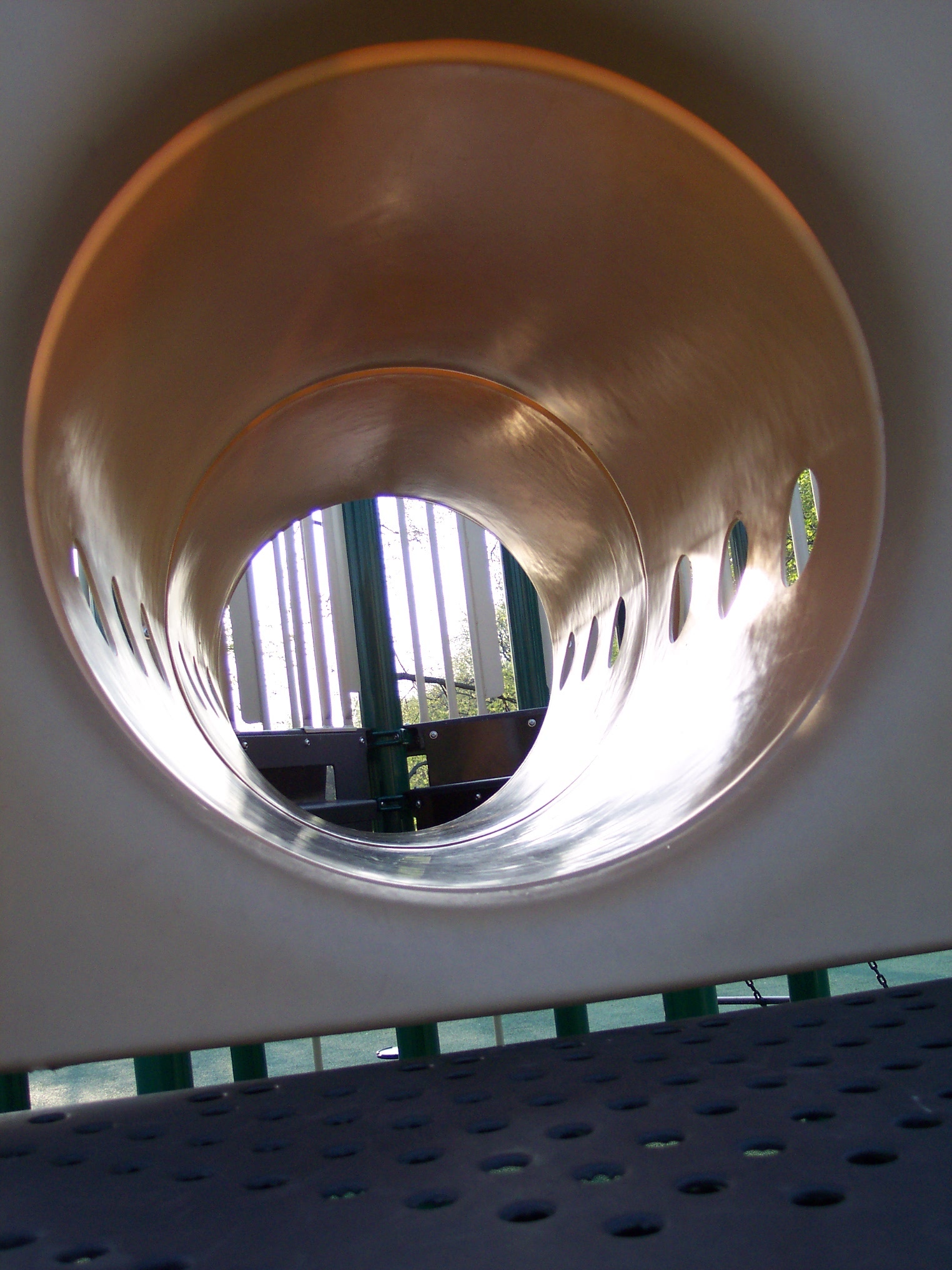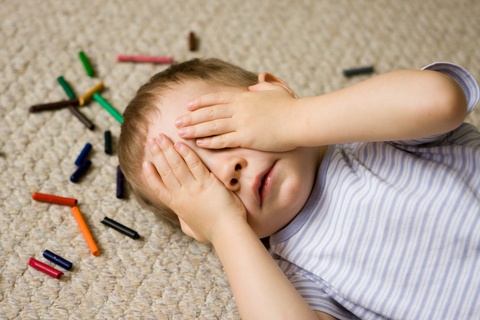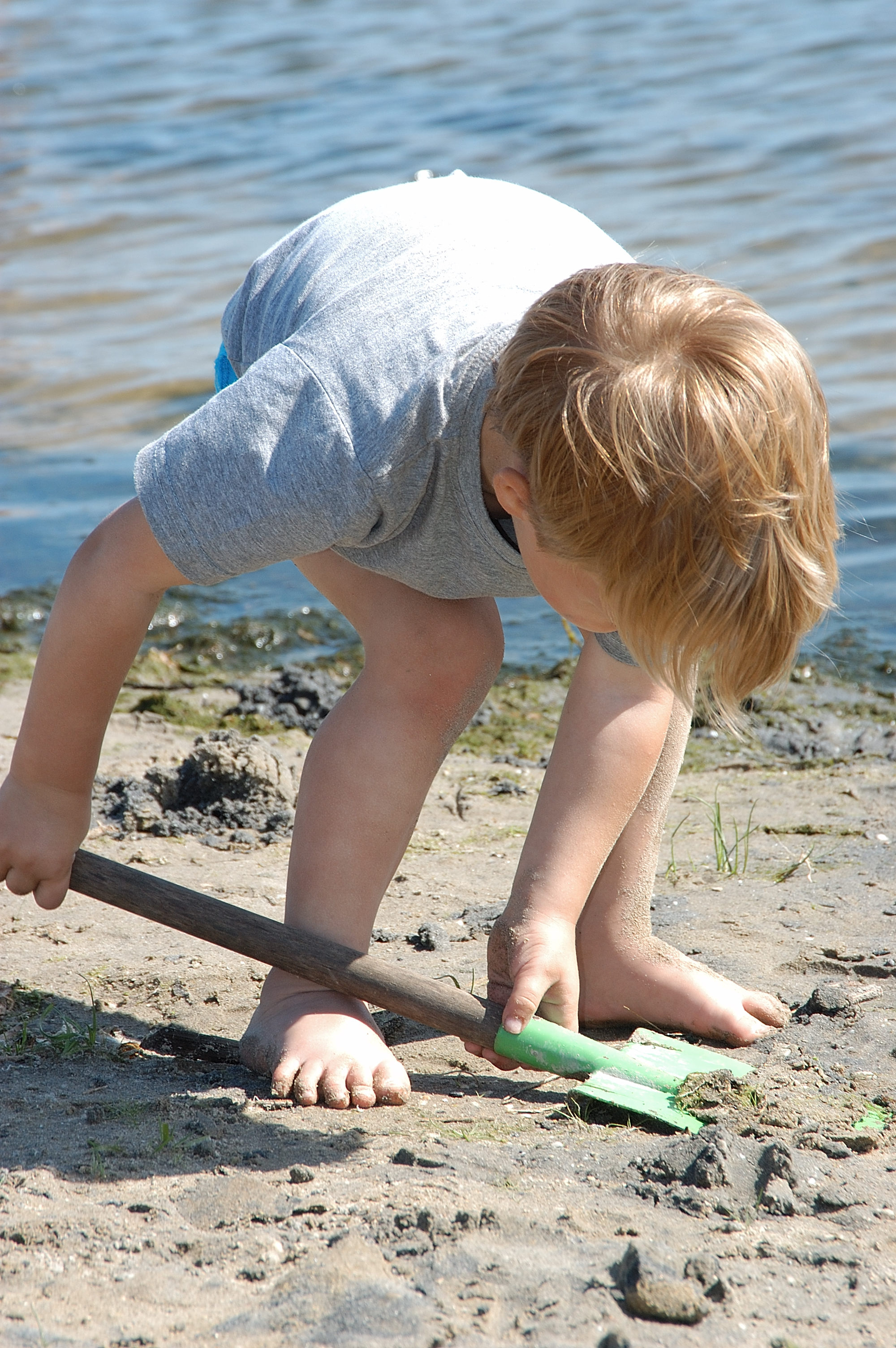-
13 October 2015
-
0 comments
Have you ever seen those kids that cannot seem to sit upright? They tend to slouch in their chairs and easily fatigue while doing activities seated at a desk? You are looking at a child that has poor core strength, which affects his ability to maintain postural control. What is postural control? And why is
Read more-
14 July 2014
-
0 comments
Now, let’s dig deeper still. Sometimes, a child’s reaction is purely sensory, and sometimes, a child’s reaction is purely a typical age-appropriate behavior. Sometimes, it is both. A reaction that began as sensory-related, has now become an ingrained behavior and vice versa. Due to this confusion, sensory and behavior approaches can be used simultaneously. Something
Read more-
07 July 2014
-
0 comments
Don’t you love when questions are answered with more questions? However, in this case, it’s necessary. In our previous blog posts, we defined sensory processing disorder and looked at typical behaviors by age group. Now we will look at questions that may help you identify triggers and raise your awareness of the environment in which incidents
Read more-
30 June 2014
-
0 comments
Previously in our discussion examining sensory vs. behavior, we defined sensory processing disorder. Now we look at the flip side: the behavior piece. And again, let’s get our facts straight. According to Sherry Mulligan’s “Occupational Therapy Evaluation for Children: A Pocket Guide” these are the descriptions of typical behavior patterns from ages 1-12.
Read more-
23 June 2014
-
0 comments
Is it sensory or is it behavior? The answer we all love to hate: It depends! Let us first get some facts straight. Sensory processing disorder (SPD) is a condition in which incoming sensory information (visual, tactile, auditory, olfactory, gustatory, proprioceptive and vestibular) received from the environment gets processed in an unorganized way, thereby affecting
Read more




